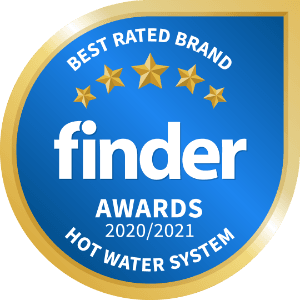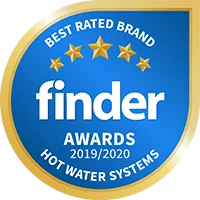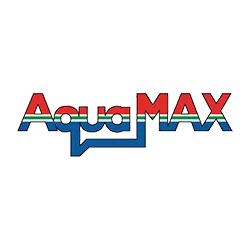Size
It's essential to choose the right size hot water system for your home to ensure that it operates efficiently and you never run out of hot water. However, different types of systems are sized in different ways. Storage and solar hot water systems are sized based on the number of people in your home. Continuous flow hot water systems, on the other hand, are sized based on the number of hot water outlets in your home, so you'll need to consider the system's flow rate (measured in litres per minute).
It all depends on the energy source and type of system you choose, so ask your supplier for advice on the right size for your home.




